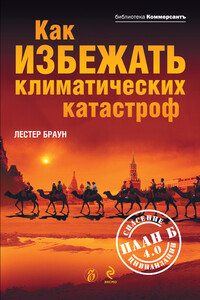Английский язык для специальных и академических целей: Международные отношения и зарубежное регионоведение. Часть 1 | страница 55
Unit II. US: from Democracy to Empire?
Unit II. US: from Democracy to Empire?
is social equality and an absence of class hierarchy and privilege. Over a century later, in the 1960s, Tocqueville's ideas on democracy were echoed in the sociological studies of American political scientists.
5. Colonial times. In 1765 British America was comprised of thirteen colonies which came under the jurisdiction of Parliament in London, and whose people were subjects of the King (George III at that time). Each of the colonies had its own political institutions, but these were relatively powerless, with no legislative and few executive powers.
6. Jefferson, Thomas (1743-1826) — US politician and 3rd President. A delegate to the Second Continental Congress (1775), he drafted the Declaration of Independence. Jefferson was Governor of Virginia (1779-1781), Minister to France (1785) and Secretary of State (1790). He served as Vice-President under John Adams (1797-1801) and as President (1801-1809).
7. The pursuit of happiness — a quote from the American Declaration of Independence. “We hold these truths to be self-evident, that all men are created equal, that they are endowed by their Creator with certain inalienable Rights, that among these are Life, Liberty and the Pursuit of Happiness” (American Declaration of Independence).
COMPREHENSION ASSIGNMENTS
1. The things that Americans venerate about America breed conditions that they despise.
2. The American Creed (the Americans' distinct set of values) has fired economic advance.
3. The emphasis on individual striving, success and liberty can inhibit social control and loosen people's sense of communal obligation.
4. Because Americans worship individual effort, they are more tolerant of failure and inequality than other nations.
5. To some extent, the proof that American virtues and vices are connected comes from abroad.
6. Even in Colonial times, America was less rigid socially than Europe. Land was a great leveler.
7. Colonial America brimmed with hereditary privileges and arbitrary power.
8. But in America, the legitimacy of unchangeable social distinction collapsed. Jefferson said that men would advance based on “virtue and talent” and not on birth.
9. The Revolution “made the interests and prosperity of ordinary people — their pursuit of happiness — the goal of society and government.”


